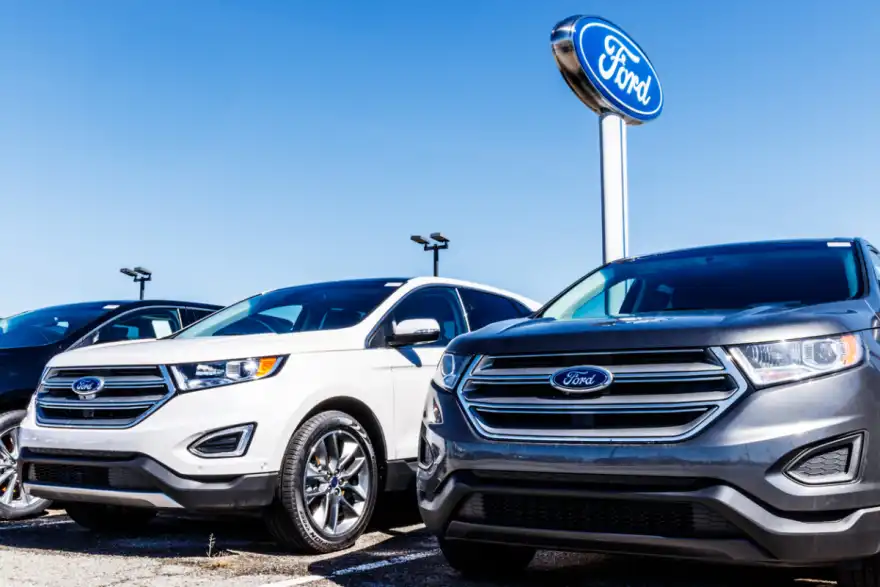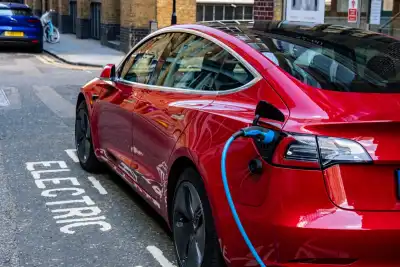
Buying a new car could be about to get more expensive — and Ford has made it crystal clear why. The company expects to pay $2.5 billion in tariffs to the U.S. government over the next year, thanks to President Trump’s new taxes on imported vehicles and foreign-made parts.
Consumer groups have been warning that tariffs would drive up the cost of cars and insurance, but carmakers have stayed quiet about exactly how much. That changed this week. Ford shared the numbers in its earnings report, giving us one of the clearest signs yet of what these extra costs could mean for buyers.
Here’s the breakdown: Ford says it’ll absorb about $1 billion of the tariff hit through internal tweaks and price changes. But the remaining $1.5 billion? Some of that is expected to be passed on to customers. Based on last year’s U.S. sales, that could mean roughly $480 added to the price of every new Ford — depending on the model and any future policy shifts.
Even vehicles that are mostly built in America aren’t safe. Ford says over 80% of the cars it sells in the U.S. are made in states like Michigan, Kentucky, and Ohio, which puts it in a better spot than competitors like GM (which expects $4–5 billion in tariff costs). But Ford still relies heavily on foreign-made parts — and those parts are now hit with a 25% tariff.
CEO Jim Farley admitted the company struggles to source things like fasteners and carpets from U.S. suppliers. Those items now cost Ford more, and that trickles down to buyers.
There’s also more uncertainty ahead. Ford just pulled its financial forecast for 2025, saying it can’t predict the impact of policy changes, supply chain issues, or even shifts in consumer behavior.
In the meantime, Ford is trying to soften the blow with a big promotion: employee pricing for everyone until July 4. But longer term, things are murky. Automakers across the board are spending billions on U.S.-based EV battery production, betting big on an electric future — all while tariffs, tax rules, and mixed messaging from Washington make it hard to plan ahead.
For now, one thing’s clear: if you're thinking about buying a car soon, especially a Ford, you might want to do it before prices climb even higher.



